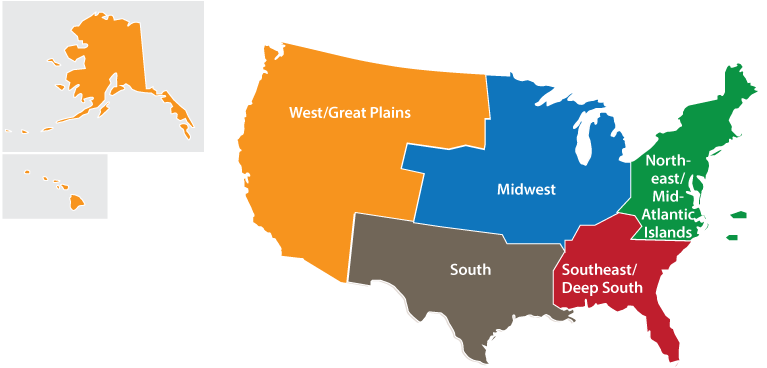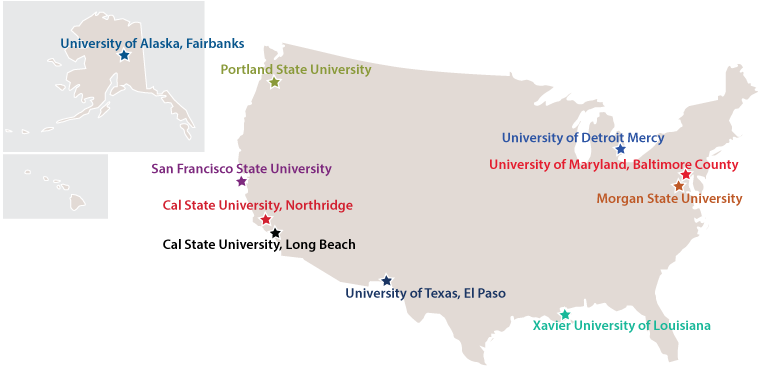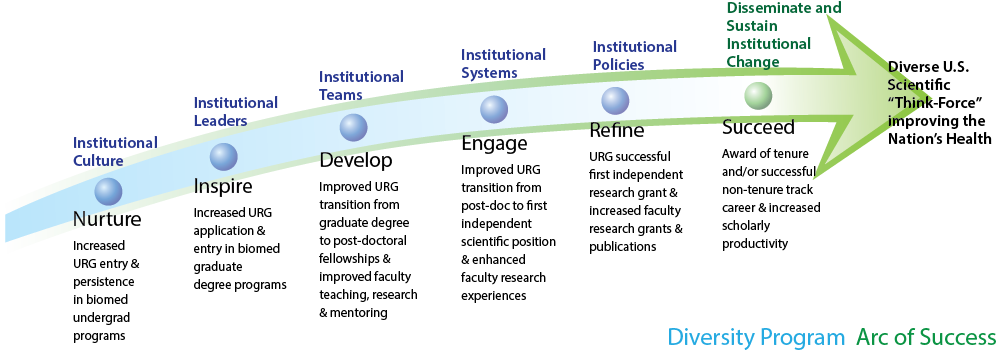Mentorship is crucial in the development of any scientist's career; however, there has been a relative lack of evidence on how to promote successful mentoring relationships for trainees from diverse backgrounds, including those from
underrepresented backgrounds. The NRMN was developed to understand the elements that contribute to productive mentoring relationships for individuals from diverse backgrounds, including those from
underrepresented groups, and to develop mentoring tools and resources across the national community of researchers in the biomedical research workforce. During the first phase of the program, the NRMN was tasked with developing a highly networked set of motivated and skilled mentors from various disciplines linked to mentees across the country. In addition, the NRMN cores were selected to provide training opportunities for mentors, to facilitate networking and professional opportunities, and to collect data on effective practices for mentoring.






